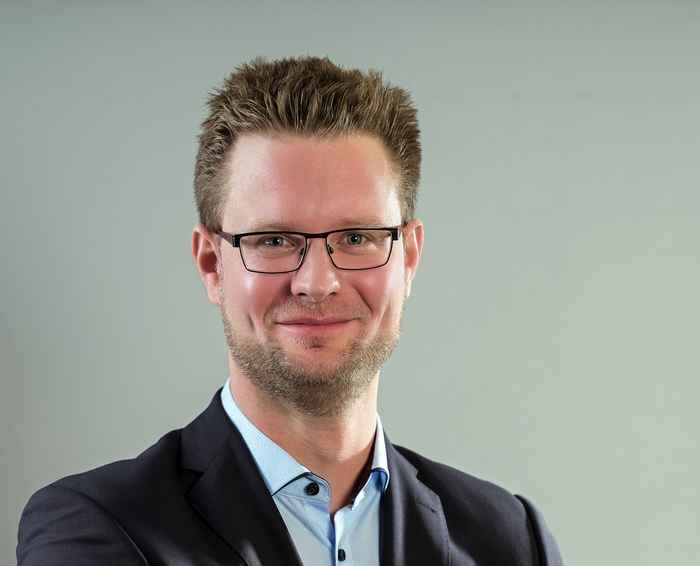Florenz Buß named Faculty of Impact fellow
Developing sustainable battery electrolytes based on boron minerals
25 March 2025
The Faculty of Impact initiative was established by the Universities of the Netherlands, Techleap and the Dutch Research Council NWO. It aims to support researchers in building their businesses and bringing research results to the benefit of society. With his election as a Fellow, Florenz Buß hopes to contribute to a transformative shift in the storage of renewable electricity by leveraging the potential of sodium-ion batteries, which offer a viable and superior alternative to lithium-ion batteries. They offer significant cost advantages and reduced weight, and have no scarcity issues like lithium.
A one-step, energy-efficient and waste-free process
Addressing the massive future demand for battery electrolytes, Buß will in particular pioneer sustainable borate electrolytes for sodium-ion batteries. The BOR-LYTE® process, developed together with Dr Valentin Geiger, Ing. Bas de Jong and Prof. Chris Slootweg, is a straightforward, one-step, energy-efficient and waste-free process to produce such electrolytes. Furthermore, it utilizes mined borax as well as industrial boron waste, further reducing the environmental impact of electrolyte production as well as the dependency on critical raw materials. With their laboratory-scale proven technology, essential data, knowledge, and suitable lab-reactor systems, the BOR-LYTE team is poised for further scaling up the process.

Dr Florenz Buß (Bocholt, Germany, 1990) studied chemistry at the University of Münster (Germany) specializing in inorganic, organic, and biological chemistry. For his Master’s thesis he received the Evonik Prize 2017. Buß carried out his doctoral studies with Prof. Fabian Dielmann at the University of Münster and partly with Prof. Doug Stephan at the University of Toronto (Canada). He obtained his PhD in 2021 with a thesis on the synthesis of Superbasic phosphines and their reactivity towards small molecules. In addition, during his PhD, Buß worked in a small cross-functional business development team to identify and drive strategies for commercializing research work on the chemical degradation of the highly potent greenhouse-gas sulfur hexafluoride (SF6) concomitant with the provision of valuable fluorinating agents. In 2022, Buß joined the group of Chris Slootweg at the University of Amsterdam to work on a project with industry on circular hydrogen carriers with disruptive innovation potential. His research interests span molecular inorganic chemistry, particularly focusing on scale-up and process development.